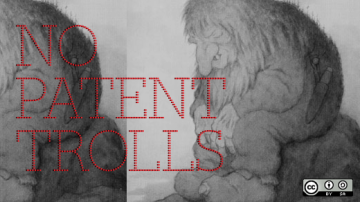
A full time intellectual property litigator, Anthony J. Biller represents clients in patent, trademark, copyright, and trade secret litigation in trial and appellate courts throughout the country. Mr. Biller also advises and assists clients with managing their intellectual property assets. He advises clients on brand and content management, licensing and other IPR contracts, and trade secret issues. He is an adjunct professor of law at Campbell Law School where he teaches intellectual property litigation. Prior to entering private practice, Mr. Biller served as a United States District Court judicial clerk for the late Honorable William L. Osteen, Sr., in the Middle District of North Carolina.
Mr. Biller is a member of the American Bar Association litigation and intellectual property practice groups, the International Trademark Association, and the Federalist Society. Mr. Biller is a Fellow of the American Bar Foundation and a member of the Alliance Defense Fund’s National Litigation Honor Corps. He chaired the ABA's IPL committee on Trademark Litigation and chaired the committee on Trademarks and the Internet, each for two annual terms. Mr. Biller was named to the North Carolina Business "Legal Elite" for Intellectual Property in 2008, 2009, and 2011.
Prior to practicing law, Mr. Biller served four years as an officer in the United States Army where, as a Jumpmaster and Ranger, he led soldiers in the 82nd Airborne Division. Mr. Biller received his undergraduate degree from Purdue University where he was a Distinguished Military Graduate, and his Juris Doctor, magna cum laude, from Campbell University in 1997, where he served as the managing editor for the Campbell Law Review.


Authored Comments
Clever idea and certainly thinking outside the box! What you suggest would be a complete paradigm shift on centuries of patent practice and policy.
While software is a good exemplar of the effective inability to conduct meaningful patent pre-clearances, it is by no means the only technology sector.
I'll defer until later your second point. The anti-software patent sentiment has dominated these comments, though that's wasn't the topic of the post. Given the passion in this forum regarding patents on software, I plan on writing a post attempting to make the point that being an advocate for open source does not mandate universal hostility to software patents and pointing out some of the inherent problems with such hostility, to include the "pure" algorithm arguments.